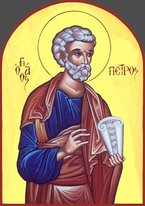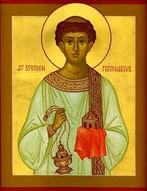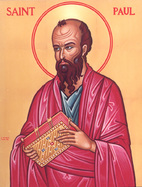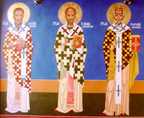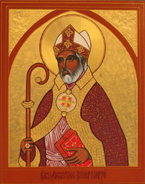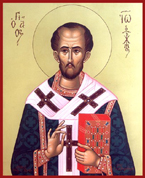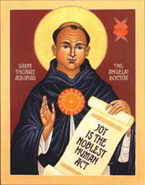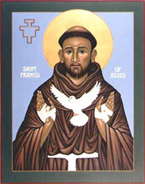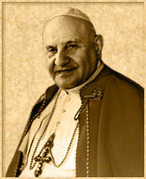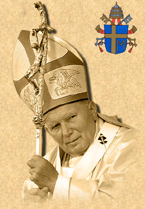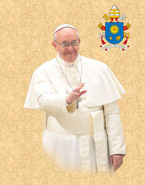The Christian faith can never be separated from the soil of sacred events, from the choice made by God, who wanted to speak to us, to become man, to die and rise again, in a particular place and at a particular time. “Always” can only come from “once for all”. The Church does not pray in some kind of mythical omnitemporality. She cannot forsake her roots. She recognizes the true utterance of God precisely in the concreteness of its history, in time and place: to these God ties us, and by these we are all tied together. The diachronic aspect, praying with the Fathers and the apostles, is part of what we mean by rite, but it also includes a local aspect, extending from Jerusalem to Antioch, Rome, Alexandria, and Constantinople. Rites are not, therefore, just the products of inculturation, however much they may have incorporated elements from different cultures. They are forms of the apostolic Tradition and of its unfolding in the great places of the Tradition. Commentary: In this paragraph, it seems like the Holy Father (then Cardinal Ratzinger) is saying that not everything in the liturgy is a matter for inculturation, even if the Church has a long history of inculturation within her Sacred Tradition.
We are, as the Church, bound by what some theologians would call "the scandal of particularity". God's saving act in the history of mankind took place during specific moments, in specific ways, and through specific means. The liturgy, no matter how inculturated it is, cannot detract from the reality of these particularities. We cannot, for example, change the wine into a can of Coke or the bread into a pack of Pringles, for the historical reality of God's saving act in the Eucharist took place through bread and wine. This means that the liturgy is not simply a matter for human manipulation, because it finds its root in the acts of God Himself in Christ. What Christ did, we must do; and how Christ has ordained for these acts to be performed, we must follow. Even if the liturgy has aspects which are cultural in nature because it grows and takes root within certain specific cultures, the Apostolic dimensions of the liturgy which make it recognisable as the liturgy of God's people cannot be compromised.
0 Comments
Leave a Reply. |
Categories
All
Archives
December 2021
|
|
FOLLOW DEACON SHERMAN DEACON'S FORMATION FB GROUP
© 2021 Sherman Kuek. All rights reserved.
|

 RSS Feed
RSS Feed
